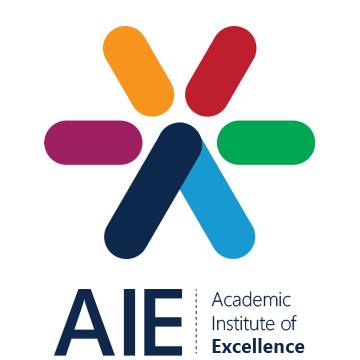Top 10 Bachelor of Banking and Finance Classes in South Africa
Discover Courses Tailored For You
Find the best courses to enhance your skills in various domains. Our diverse selection of courses will help you achieve your professional and personal goals.
Study with Top Creative Specialists
Learn directly from top creative experts on CourseTakers. Enhance your skills with their practical insights and experience.
All Top 10 Bachelor of Banking and Finance Classes in South Africa
Planning to get a degree in Bachelor of Finance in South Africa?
Here is a table of Universities offering Bachelor of Finance courses in South Africa, along with the duration and cost of the course:
|
Institute Name |
City |
Course Name |
Duration |
Course Fee |
|
University of Western Cape |
Belleville |
Bachelor in Financial Accounting |
3 Years |
R32,800 - R45,650 (Per Annum) |
|
Stellenbosch University |
Stellenbosch |
Bachelor of Finance and Accounting |
3 Years |
R 49 304 (First Year) |
|
University of Witwatersrand |
Johannesburg |
BCom in Finance |
3 years |
R 47830 - 53940 (Per Year) |
|
Rhodes University |
Grahamstown |
Bachelor of Commerce and Finance |
3 years |
R52 687 (Per Annum) |
|
University of Johannesburg |
Gauteng |
Bachelor of Commerce in Finance and Accounting |
3 years |
R21,122 - 47,514 (Per Year) |
|
The Independent Institute of Education MSA |
Ruimsig |
Bachelor of Commerce |
3 years |
R83 200 (Annual Fee) |
|
University of Pretoria |
Pretoria |
BCom in Financial Sciences |
3 years |
R35000 - 42000 (First Year) |
|
Nelson Mandela University |
Summerstrand |
BCom (Hons) in Economics |
3 years |
R24 840 (For first year) |
|
North West University |
Potchefstroom |
BCom in Financial Accountancy |
3 years |
R7870 (First Payment) |
What are the Top Bachelor of Finance Universities in South Africa?
1. University of Western Cape, Belleville
2. Stellenbosch University, Stellenbosch
3. University of Witwatersrand, Johannesburg
4. Rhodes University, Grahamstown
5. University of Johannesburg, Gauteng
6. The Independent Institute of Education MSA, Ruimsig
7. University of Pretoria, Pretoria
8. Nelson Mandela University, Summerstrand
9. North West University, Potchefstroom
What is the cost of an undergraduate Finance degree in South Africa?
The average cost of a Bachelor of Finance course in South Africa is R49304 for the first year.
What is the duration of an undergraduate Finance degree in South Africa?
The average duration of the Bachelor of Finance course in South Africa is 3 years.
What is the salary of a Financial Analyst in South Africa?
The average annual salary of a Financial Analyst in South Africa is R386,425.












